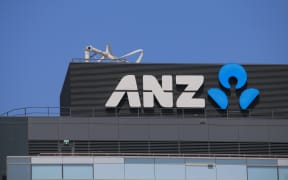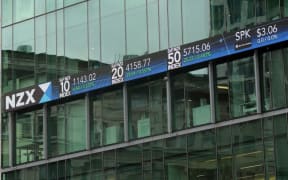A fund manager is warning investors that a growing number of popular low-fee passive funds may not be worth it in the the long run.

Photo: 123rf
The paper produced by the active fund manager Kiwi Wealth weighs the merits of passive versus active funds and argues against passive investment for long-term savers.
It says the bull market over the past nine years has masked the risk posed by passive funds, which have been around for 50 years.
"As with many other products offered at a discount, passive investment comes at a price," said author Steffan Burridge, a senior investment strategist at fund manager Kiwi Invest.
He said a number of academics which made the case for passive investment in the 1960s, have since turned their back on the concept.
Passive funds were primarily based on market indices, such as the NZX Top 50 Index, or Wall Street's S&P 500 and were cheap to operate.
Investing in such a way tended to be a simple process that did not require expert analysis or advice.
It had driven down the cost of some KiwiSaver funds, such as Simplicity, or do it yourself options such as the NZX's Smartshares.
Active management costs more in fees because it involved analysis and expert advice to tailor an investment portfolio to suit the particular needs of the investor.
"While passive equity investing can be a better option than just leaving money in the bank, investing for the long term without considering the benefits of active management is a significant lost opportunity," Mr Berridge said, adding it was best to shop around for managers who were truly active.
"We find passive to be superior to active management... where a manager is charging unreasonably high fees for the level of activity management being taken, particularly for 'closet indexers' who stick very close to their benchmarks but charge fees at a level requiring much more work."
The paper provides a list of 10 key questions investors should be asking themselves and their fund manager, in order to get to the return on investment they expected.





